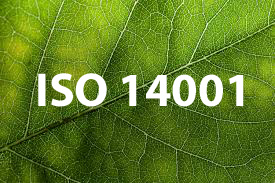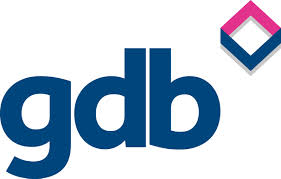ESOS
Energy Saving Opportunity Scheme (ESOS)
Legislation requiring large companies to audit their energy to identify energy and carbon reductions affects up to 10,000 businesses in the UK. Under the Energy Saving Opportunity Scheme (ESOS), ‘large enterprises’ must carry out comprehensive audits of all their energy usage, including transport. These must be done every four years, with the first completed and reported to the regulator by December 2015. Audits must be carried out by an approved Lead ESOS Assessor.
‘Large enterprises’ cover any Non-SME, i.e. that has >250 employees or an annual turnover >€50 million & balance sheet >€43 million. Includes companies, partnerships and unincorporated associations, though not the Public Sector. Smaller companies part of a larger corporate group may also have to comply.
Although each audit will result in a set of energy saving recommendations, the business is not obliged to follow them up. DECC estimates that ESOS could save each business an average of £56,400 per year. So this is all...







